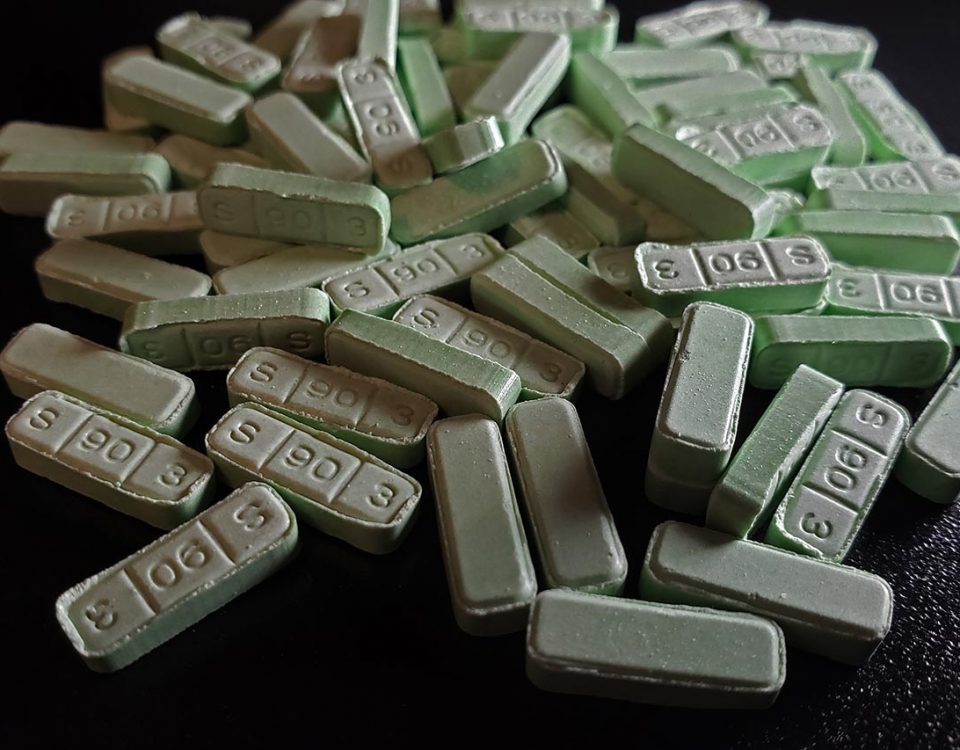Substance abuse and domestic violence are tightly linked and often occur in tandem.
There is an interplay between the two, in which they affect each other like a continuous cycle. The symptoms of one are often the result of the other. However, while there may be a link between domestic violence and substance abuse, one doesn’t always precede the other. Our Massachusetts drug treatment center knows that drug and alcohol abuse doesn’t always cause physical or emotional violence, and being a victim of abuse doesn’t always lead to substance abuse.
What Is Domestic Violence?
Domestic violence refers to abuse in any relationship that an intimate partner is using to gain or sustain control or power over the other individual. In combination with drug or alcohol abuse, domestic violence can quickly escalate. Oftentimes, domestic abuse leads to drug or alcohol use. Many individuals turn to these substances in an attempt to cope with the physical and emotional pain they have experienced as a result of domestic violence.
Domestic abuse refers to various forms of harm that are used to overpower or maintain control over a partner.
Different types of domestic violence include:
- Physical abuse
- Emotional abuse and intimidation
- Psychological abuse
- Sexual abuse
- Spiritual abuse
- Financial abuse
- Social abuse
- Verbal abuse (includes coercion, blame, and threats)
- Elderly abuse
- Image-based abuse
- Isolation
- Stalking
Some signs of domestic violence include:
- Embarrassing or ridiculing the other partner in front of family and friends
- Putting down the other partner’s accomplishments
- Making the other partner feel as if they have no say or no right to make decisions
- Intimidating or threatening the other partner to gain their compliance
- Telling the other partner they’re worthless
- Treating another partner roughly (pushing, shoving, pinching, hair pulling, hitting)
- Calling another partner several times when they’re out to make sure they’re where they said they’d be, indicating a lack of trust
- Blaming the other partner for the abuse
- Pressuring the other partner to perform sexual acts they don’t want to do
- Making the other partner feel as if they’re stuck in the relationship or as if there’s no way out
- Trying to keep the other partner from leaving after a fight or abandoning them somewhere after a fight to “teach them a lesson”
These are just some of the many ways one partner can abuse another. No one deserves to be abused in any way, shape, or form. If you or someone you know has taken up substance abuse as a result of domestic violence, we can help. Banyan Treatment Centers Massachusetts offers a variety of safe and effective addiction programs that make sobriety a possibility. We also incorporate a variety of different addiction therapies in our substance abuse treatments to help patients cope with the emotional effects of addiction.
Correlation Between Substance Abuse & Domestic Violence
While the two aren’t always predecessors of each other, the relationship between substance abuse and domestic violence is undeniable. Alcohol is a substance commonly associated with domestic abuse. A study on alcohol-related intimate violence in the U.S. found that 30 to 40 percent of men and 27 to 34 percent of women who acted out violently towards their partners were under the influence of alcohol at the time. Regarding alcohol specifically, many researchers believe that alcohol is so strongly linked to domestic violence because of people’s expectations. People often expect alcohol to have a disinhibitory effect, which is the inability to withhold or stop yourself from performing an inappropriate or unwanted behavior. Despite being a central nervous system depressant, alcohol is also heavily associated with violence in general, which could affect people’s perceptions of its effects. Others may use alcohol as an excuse for their violent behavior that may otherwise stem from a different source.
One report conducted in Memphis, Tennessee reported that a whopping 92 percent of domestic violence assailants used drugs or alcohol that day of the assault. They also reported that 67 percent of assailants had used cocaine and alcohol. Certain substances produce different side effects. For example, alcohol relaxes people while cocaine increases alertness. However, cocaine on its own could lead to physical agitation which could contribute to violent behavior. Polydrug abuse or mixing alcohol with drugs can also produce unpredictable side effects that could also contribute to violent behavior.
While abusing drugs and alcohol doesn’t always guarantee that violent behavior will ensue, engaging in substance abuse is problematic for numerous reasons. Substance abuse may also be someone’s form of coping with domestic violence they may have endured. Regardless, drugs and alcohol are never the solutions.









